10 Rules of Documentary Filmmaking
by Victor Kossakovsky
Related Articles:

10 Rules of Personal Documentary Filmmaking (by Doug Block)
10 "RULES" OF DOCUMENTARY FILMMAKING
Innovative Russian filmmaker Kossakovsky explained his unique vision about making documentaries during the International Documentary Film Festival Amsterdam (IDFA) in 2006.
He explains Rule #1 while his film Tishe! screens in the background.
Rule #1: "Don’t film if you can live without filming."
Rule #2: "Don’t film if you want to say something."
Rule #3: "Don’t film if you already know your message before filming..."
Rule #4: "Film when you hate and love at the same time."
Rule #5: "Don’t use your brain during filming..."
Rule #6: "Don't force people to repeat an action or words..."
Rule #7: "Shots must provide the viewers with new impressions."
Rule #8: "Story is important, but perception is event more important."
Rule #9: "Try to remain human, especially whilst editing your film."
Rule #10: "Don't follow my rules. Find your own rules."
RECAP
10 Rules Of Documentary Filmmaking
By: Victor Kossakovsky
- Don’t film if you can live without filming.
- Don’t film if you want to say something – just say it or write it. Film only if you want to show something, or you want people to see something. This concerns both the film as a whole and every single shot within the film.
- Don’t film if you already knew your message before filming – just become a teacher. Don’t try to save the world. Don’t try to change the world. Better if your film will change you. Discover both the world and yourself whilst filming.
- Don’t film something you just hate. Don’t film something you just love. Film when you aren’t sure if you hate it or love it. Doubts are crucial for making art. Film when you hate and love at the same time.
- You need your brain both before and after filming, but don’t use your brain during filming. Just film using your instinct and intuition.
- Try to not force people to repeat an action or words. Life is unrepeatable and unpredictable. Wait, look, feel and be ready to film using your own way of filming. Remember that the very best films are unrepeatable. Remember that the very best films were based on unrepeatable shots. Remember that the very best shots capture unrepeatable moments of life with an unrepeatable way of filming.
- Shots are the basis of cinema. Remember that cinema was invented as one single shot – without any story. Or story was just inside that shot. Shots must first and foremost provide the viewers with new impressions that they never had before.
- Story is important, but perception is even more important. Think, first, what the viewers will feel while seeing your shots. Then, form a dramatic structure of your film using the changes to their feelings.
- Documentary is the only art, where every esthetical element almost always has ethical aspects and every ethical aspect can be used esthetically. Try to remain human, especially whilst editing your films. Maybe, nice people should not make documentaries.
- Don’t follow my rules. Find your own rules. There is always something that only you can film and nobody else.
See articles written by other filmmakers.
Ready To Make Your Dream Documentary?
Sign up for our exclusive 7-day crash course and learn step-by-step how to make a documentary from idea to completed movie!
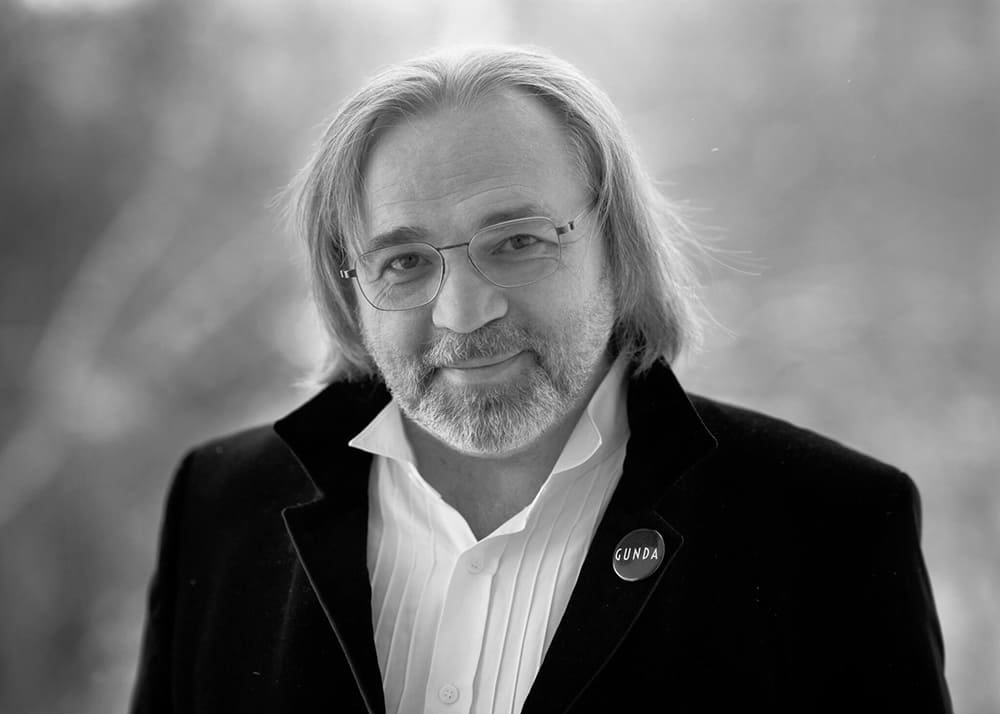




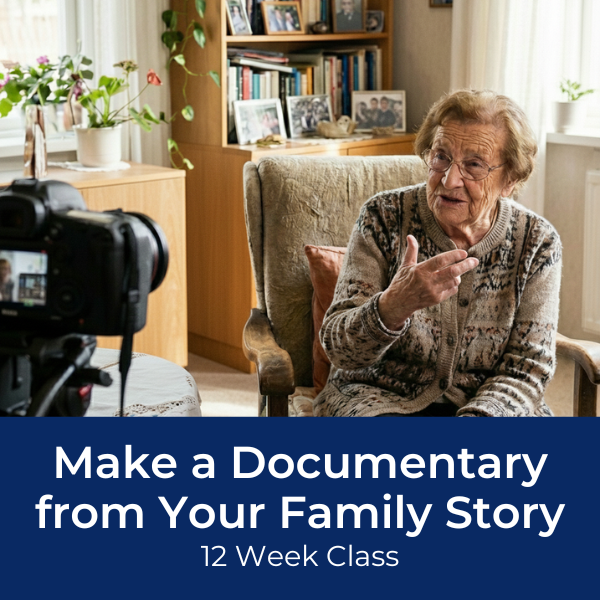


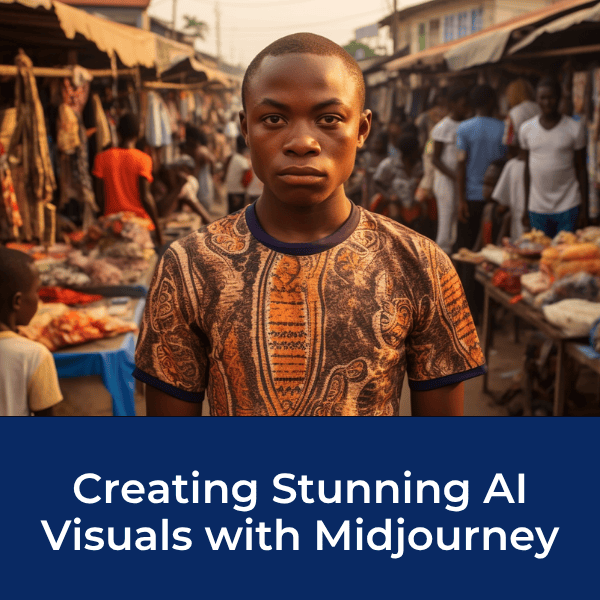








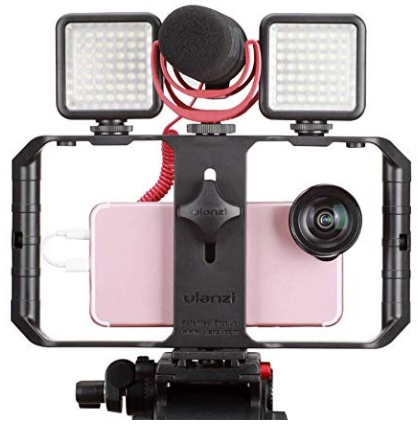
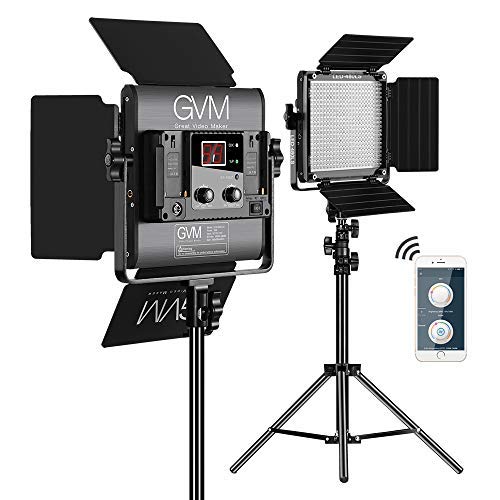
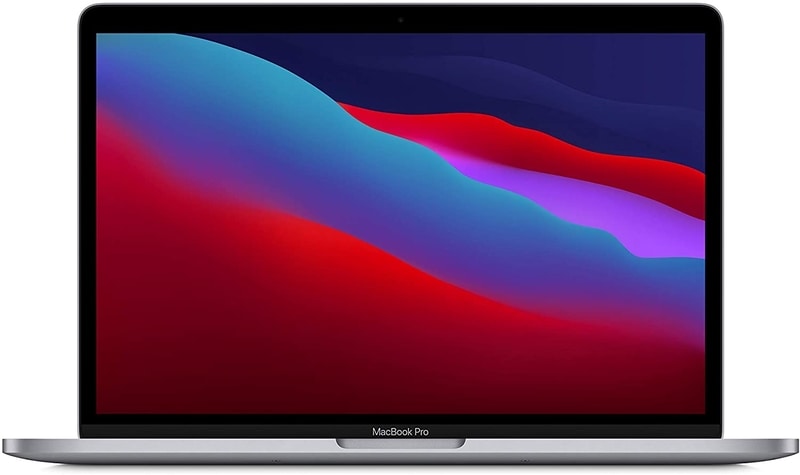
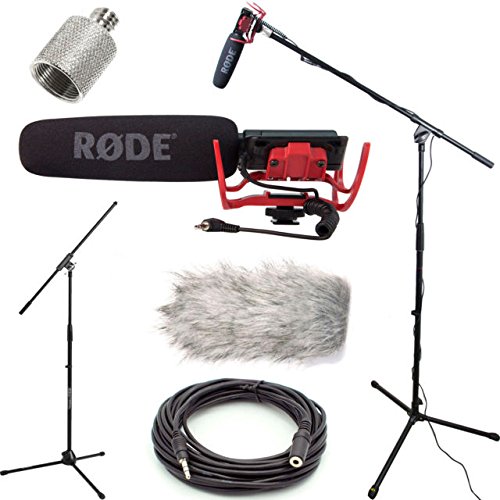
New! Comments
[To ensure your comment gets posted, please avoid using external links/URL's]